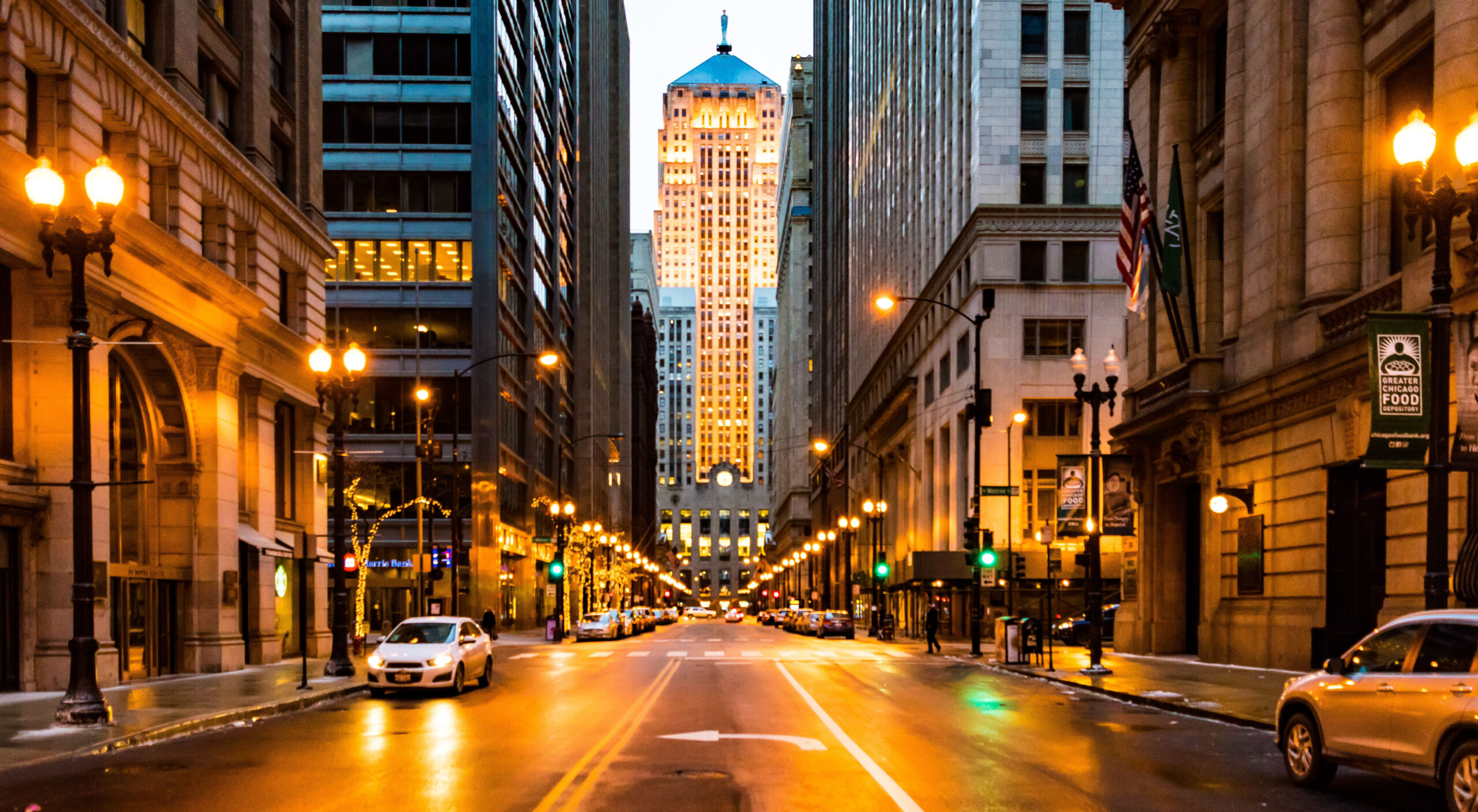Chicago Delays Key Aspects of New Paid Leave Ordinance Until July 1, 2024

At a Glance:
Chicago employers now have an additional six months to comply with key provisions of Chicago’s new Paid Leave and Paid Sick and Safe Leave Ordinance (the “Ordinance”). Just days ago, the Chicago City Council amended the expansive Ordinance, which requires Chicago employers to provide up to 40 hours of paid leave in addition to 40 hours of paid sick leave. The Ordinance was originally scheduled to take effect Dec. 31, 2023, but not so anymore. The amendment delays the deadline to comply, modifies the definition of a covered employee, and adds a short waiting period before an employee can file a private cause of action for paid leave violations.
Specific Changes:
Although much of the Ordinance — which Taft previously covered — remains in place, the amendments include the following changes:
- Delayed Accrual of Leave – Instead of accruing paid leave and paid sick leave starting Jan. 1, 2024, employees will begin to accrue paid leave and paid sick leave starting July 1, 2024. The existing Chicago Paid Sick Leave Ordinance will remain effective in the interim.
- Narrowed Definition of Covered Employee – The Ordinance now covers only employees who work at least 80 hours within any 120-day period in Chicago (rather than covering all employees who work at least two hours in a two-week period, as the Ordinance originally was written). Once an employee meets this requirement, they will remain a covered employee for the remainder of their employment.
- More Time for Medium Employers to Adjust to Paying Out Paid Leave – Medium employers (employers with 51 to 100 covered employees) must, upon an employee’s separation, pay out up to 16 hours of unused, accrued paid leave until July 1, 2025, at which point they must start paying out up to 40 hours. The previous version of the Ordinance required medium employers to make the switch from 16 to 40 hours at the end of 2024.
- Private Causes of Action – The amendment also delays the date that employees can bring a private cause of action under the Ordinance. For paid sick leave, employees can bring a private cause of action for violations beginning July 1, 2024 — as soon as they have a right under the Ordinance to accrue leave. For paid leave violations, however, an employee cannot bring a private cause of action for another year — not until July 1, 2025. Additionally, employees can initiate a private cause of action for a paid leave violation only after the payday for the next regular payroll period or 16 days after the alleged violation, whichever is shorter. This short waiting period, which may give employers time to cure violations, will sunset on July 1, 2026.
- Notice Requirement – When complying with the notice requirements of the Ordinance, an employer now must provide written notice in the covered employee’s primary language.
Next Steps for Employers:
Employers should work with counsel to review and update their policies and handbooks to comply with the Ordinance. The Chicago Office of Labor Standards has issued proposed rules to provide guidance for employers in doing so, though these rules are not yet official.
For an overview of the Chicago Paid Leave and Paid Sick and Safe Leave Ordinance, view Taft’s article here. For a comparison of the Chicago Ordinance with the Illinois Paid Leave for All Workers Act, view Taft’s article here.
For more information, please contact a member of Taft’s Employment and Labor Relations practice group.
In This Article
You May Also Like
Michigan Earned Sick Time Act is Amended H-1B Lottery Registration Approaching: Employers Face Increased Requests for Sponsorship